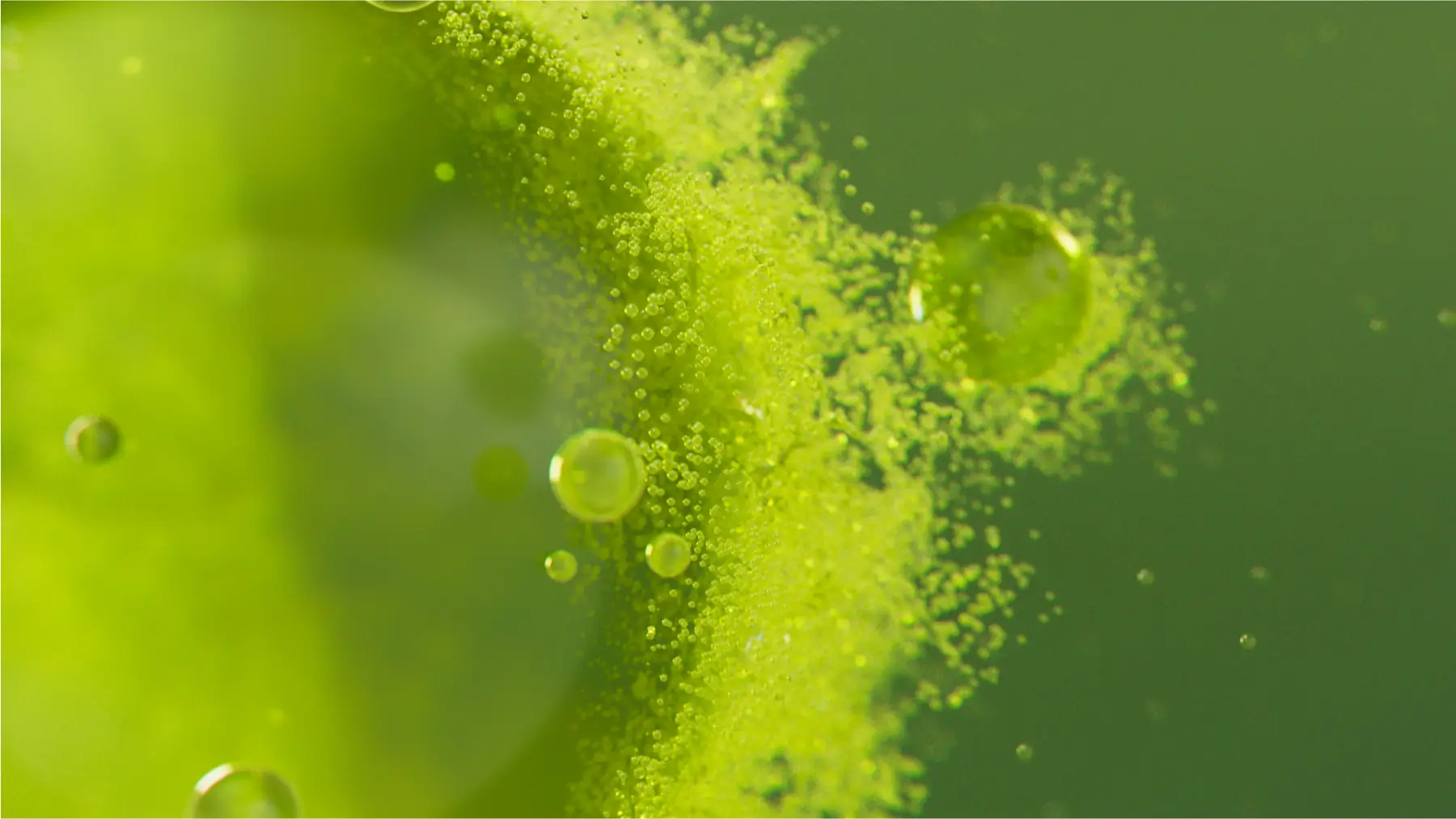
The solubility of a solute in a particular solvent is the maximum concentration that may be achieved under given conditions when the dissolution process is at equilibrium.
When a solute’s concentration is equal to its solubility, the solution is said to be saturated with that solute. If the solute’s concentration is less than its solubility, the solution is said to be unsaturated.
Solutions may be prepared in which a solute concentration exceeds its solubility. Such solutions are said to be supersaturated, and they are interesting examples of nonequilibrium states.
Solubility is a key pharmaceutical parameter. For pharmaceuticals, the solubility in two types of media are important: aqueous based fluids such as the gastrointestinal tract fluid and blood, and lipid-based media such as cell membranes and micelles. Most biochemical and pharmacological processes occur in aqueous media and determining the solubility of a drug in an aqueous based medium is a very important part of drug development.
SEE ALSO:
Application note: Solubility and Supersaturation - A Brief Introduction (pion-inc.com)

